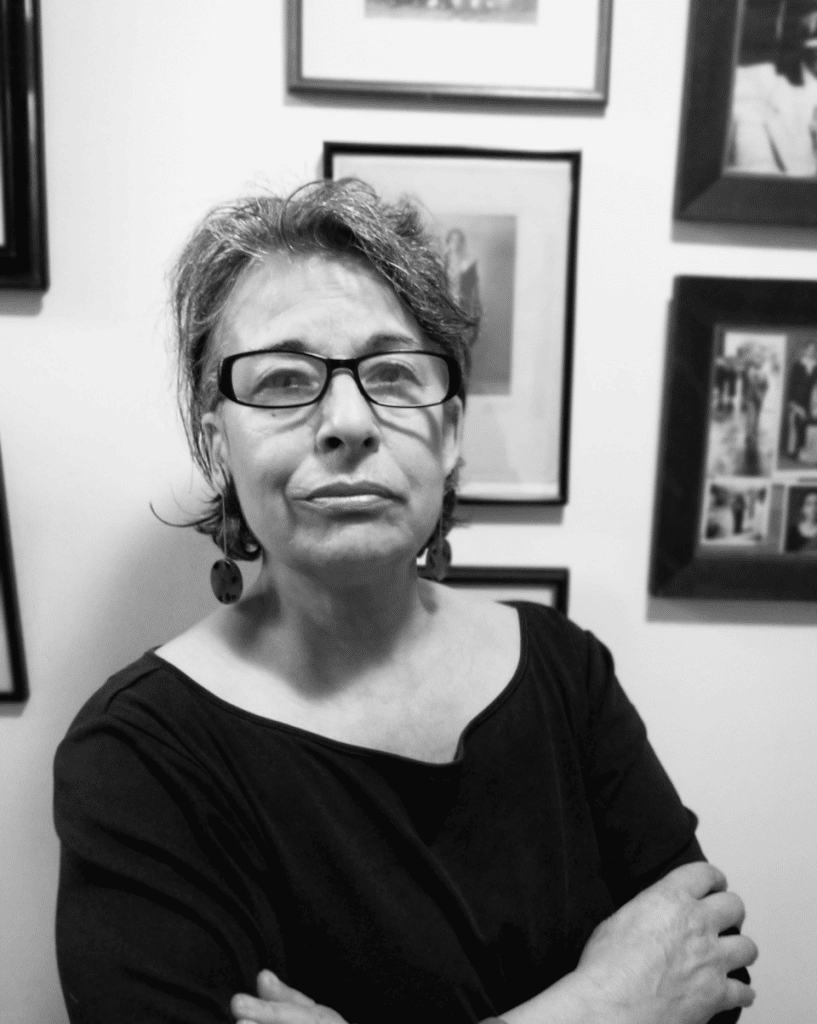
Sheereen Khan was a runner up in this year’s Bridport memoir competition. An alumna of the creative-non-fiction course, here she talks about her writing life.
I’ve always written something. I come from a family of journalists and my father was always writing academic papers or letters to newspapers. The thing about my parents was they never acted surprised at anything we four children achieved by way of our careers. It was very reassuring. There was no ‘well done’ or ‘aren’t you clever’ or even worse, ‘who would have thought’. They were a complicated mix; different cultures, different religions and different colours. It was in the looking back I asked myself the question, ‘how did they make it work? Did it work? Food was common ground, the meeting point.
What was your experience of the Creative Writing Programme? Everything now is about the before and the after. It was the pandemic and all the course was online apart from some sessions towards the end of the second year. In some respects, it was more intimate as the person speaking filled the screen up close and personal. The two tutors, Holly and Lulah, were so helpful and went beyond their remit. Always quick to respond to questions outside of the sessions and they are both published writers. They were encouraging without constantly saying everything I did was great. They were genuine.
By the end of the course, had you completed a major piece of work? I’d written lots of pieces about different things in my life and the teaching encouraged me to really look, to capture in a few words what I saw, what I remembered and how to share that memory so it almost became your memory.
What happened after the course finished? I felt adrift but a few of us continued to meet regularly on Zoom and we’d share work. It was so good to be accountable after the course ended. Eventually we met in person every month which was magnificent. I watched their faces, they watched mine, we saw our scrawls of comments over pieces of work and of course, being life writing, there was intimacy as we were all excavating our lives through a creative process.
You were recently named as the runner up for the Bridport Prize in the memoir category for your memoir Belonging, Biryani and Bacon – huge congratulations. Can you tell us a little about how that came about? I’d been working on the idea for the last five years of telling my story about growing up mixed race in the UK. Food featured as a social signal in our family even when we had very little. Food was the bridge we crossed to dip into each of our two halves. Food was a language my parents used to communicate togetherness and often their separateness. So I used that as an anchor. Originally the working title was The Mix.
When do you first remember wanting to be a writer? I remember starting a newspaper aged about nine with my best friend Amelia. We went round the council estate where we lived and wrote little things about the grass, or the woman complaining about us hitting a ball against her wall and how it knocked the flying ducks off her sitting room wall. We didn’t keep it going.
What are you writing at the moment? I’m submitting to literary journals when they have an Open Call and I’m also rewriting parts of my book. I’m firmly dug in to the non-fiction world and I want to explore the art of the essay.
Do you have a ‘day’ job in addition to your writing career and, if so, how do they complement one another? I’ve been a trained homoeopath for 35 years and ran my own clinics alongside working as homoeopath at one of Europe’s leading homoeopathic pharmacies. I did write about my work and it was included in Liverpool University’s Anthology on Wellbeing which was produced during the pandemic.
Which author do you most admire? I’m fickle. A bit like a teenager with a crush. I'd say it’s Kit de Waal at the moment.
What’s the book you most recommend to others? I was very impressed with Diana Athill’s memoir Somewhere Towards the End. It’s a good insight into publishing at that time and she led a life of acceptance and compromise and it suited her personality and she always looked kind and happy.
What are your top tips for someone starting out in their writing career? Do a course. Read, read, read. Interrogate yourself. Throughout the day try to describe what you hear or how it’s said or what you see. Watch the way a hand moves, draw it with words. Lastly, keep a notebook to catch the fleeting thought/idea.
Are you interested in life writing or memoir? Our two-year creative non-fiction course – which is all online – starts in October 2023. There is a taster session on Monday 25th September from 5.30pm-7pm BST or you can sign up now.
